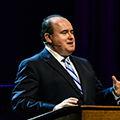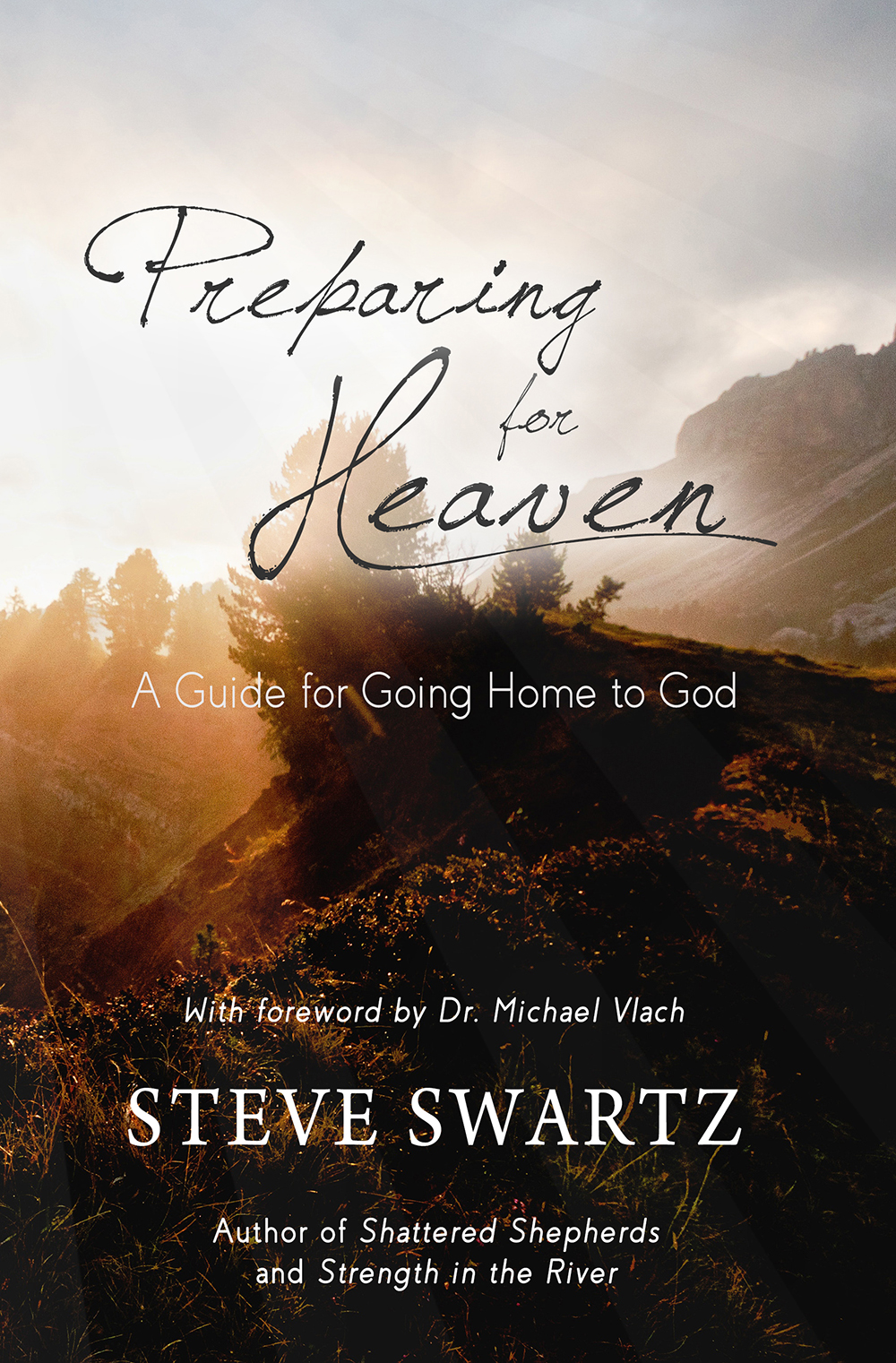Revelation 22:11b says, “[Let] the righteous still do right and the holy still be holy.” The young church at Thessalonica had many questions and concerns about the coming of Christ. Had they missed the rapture? Was there hope for the saved who had died already? They were spiritual infants in their theology of end times, so Paul gave them great hope. “But we do not want you to be uninformed, brothers, about those who are asleep, that you may not grieve as others do who have no hope” (1 Thess 4:13).
Paul explained the rapture and the resurrection of the saved dead—that Christ will descend from heaven, the dead in Christ will rise, and those still alive will be caught up with them in the clouds to meet the Lord in the air to go to what Jesus called in John 14 “My Father’s house.” Paul wrote of the great Day of the Lord when Christ will judge the earth. Putting this together with our understanding of Jesus’ teaching about His later return and the teachings of Daniel and Revelation regarding the Great Tribulation, we can lump all these events into one category theologians call the “parousia,” from a Greek word that means “a coming.”
Now, Paul did not give the Thessalonians a timeframe of when Jesus would return. He never said, “Oh, but that will be a long time from now, so you don’t really need to worry about it.” Instead, what did he tell them to do in light of the imminent parousia coming? Walk in a manner that pleases God. Abstain from sexual immorality. Be excellent in brotherly love. Work with your hands and live quietly. Respect your church leaders. Be at peace among yourselves. Admonish the idle. Encourage the fainthearted. Help the weak. Rejoice always. Pray without ceasing. Give thanks in every circumstance. Listen to and obey the Word of God. Then he sums it all up in the light of the coming of Christ, “Now may the God of peace himself sanctify you completely, and may your whole spirit and soul and body be kept blameless at the coming of our Lord Jesus Christ” (1 Thess 5:23).



